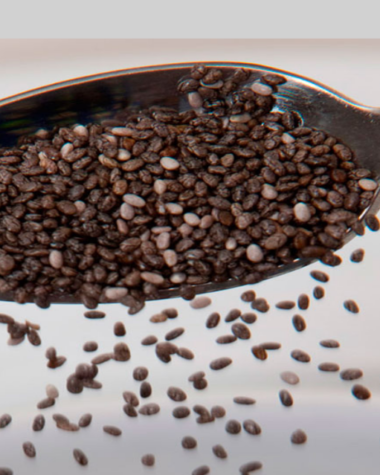Some common symptoms of opioid overdose include:
- Slow, shallow breathing or not breathing at all
- Blue or pale skin
- Pinpoint pupils
- Loss of consciousness or unresponsiveness
- Cold, clammy skin
- Slow or weak pulse
- Vomiting or gurgling sounds
If you suspect someone is experiencing an opioid overdose, it is essential to take immediate action.
What to Do if You Suspect Someone is Overdosing
If you suspect someone is experiencing an opioid overdose, call 911 immediately. Stay with the person and try to keep them awake and breathing. If the person is unresponsive, perform CPR until emergency medical services arrive.
It is crucial to remember that naloxone, a medication that can reverse the effects of an opioid overdose, is available without a prescription in many states. It is essential to have naloxone on hand and learn how to use it in case of an emergency.
How to Prevent Opioid Overdose
Preventing opioid overdose starts with education and awareness. It is crucial to understand the risks associated with opioid use and misuse, including the potential for addiction and overdose.
Some ways to prevent opioid overdose include:
- Only taking opioids as prescribed by a healthcare provider
- Avoiding mixing opioids with other substances such as alcohol or benzodiazepines
- Properly storing and disposing of opioids to prevent accidental ingestion
- Seeking help if you or someone you know is struggling with opioid addiction
Treatment Options for Opioid Addiction
Treatment options for opioid addiction vary depending on the individual’s needs and the severity of the addiction. Medications such as methadone, buprenorphine, and naltrexone can help manage withdrawal symptoms and reduce cravings.
Behavioral therapies such as cognitive-behavioral therapy and contingency management can also be effective in treating opioid addiction. These therapies aim to change behavior and thinking patterns and help individuals develop coping strategies to prevent relapse.
Does Opioid Overdose Hurt?
Opioid overdose can be a painful and terrifying experience for those who survive it. The symptoms of overdose, such as slowed breathing and loss of consciousness, can cause significant distress and discomfort.








